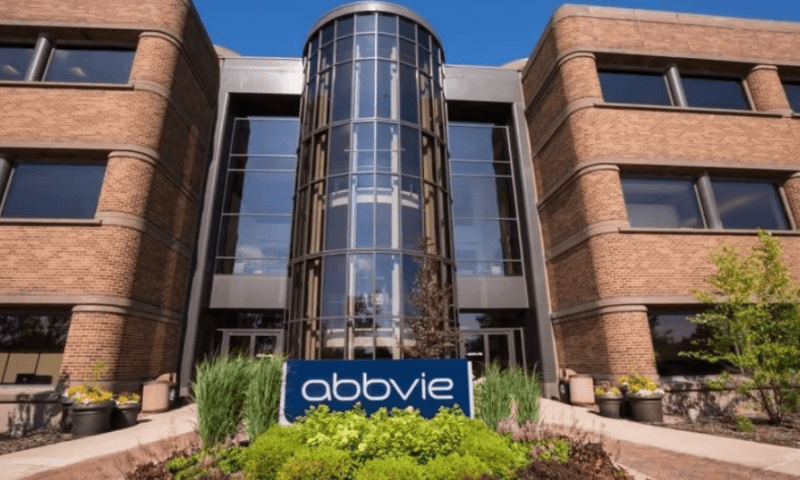AbbVie is stopping another early-phase clinical trial of anti-CD47 antibody lemzoparlimab. Weeks after pulling the plug on a multiple myeloma trial, the Big Pharma is halting a phase 1b trial that is testing the prospect in combination with azacitidine and venetoclax.
The company bought a spot in the CD47 race in 2020, when it paid I-Mab $180 million upfront and put up $1.74 billion in milestones for the ex-China rights to lemzoparlimab. I-Mab subsequently received a $20 million milestone payment but has since seen the maximum value of the milestones fall to below $1.3 billion as AbbVie has rethought its plans.
Tuesday, I-Mab put out word that AbbVie is stopping a phase 1 trial that got underway last year. The clinical trial was supposed to test the effect of lemzoparlimab and azacitidine, both with and without venetoclax, in 80 patients with acute myeloid leukemia (AML) or myelodysplastic syndrome (MDS).
AbbVie’s action, which I-Mab said “was not based on any specific or unexpected safety concerns,” marks a split between the global and China development strategies. I-Mab is prioritizing the development of lemzoparlimab in combination with azacitidine in China, with a registrational trial in MDS scheduled to start this year. AbbVie, in contrast, is stopping its study targeting AML and MDS prematurely.
I-Mab’s clinical development plan for lemzoparlimab lists combinations with rituximab in non-Hodgkin lymphoma and with Keytruda in solid tumors as the two remaining strands of the global strategy. The rituximab combination delivered clinical data last year. I-Mab said the Keytruda program is “on track.”
AbbVie’s termination of early-phase studies follows a tough period for the broader CD47 race, which was rocked by the partial clinical hold the FDA placed on trials of Gilead’s front-runner magrolimab after the discovery of an “apparent imbalance” in adverse reactions seen in the study arms. Gilead got the green light to resume work on MDS and AML months later.

